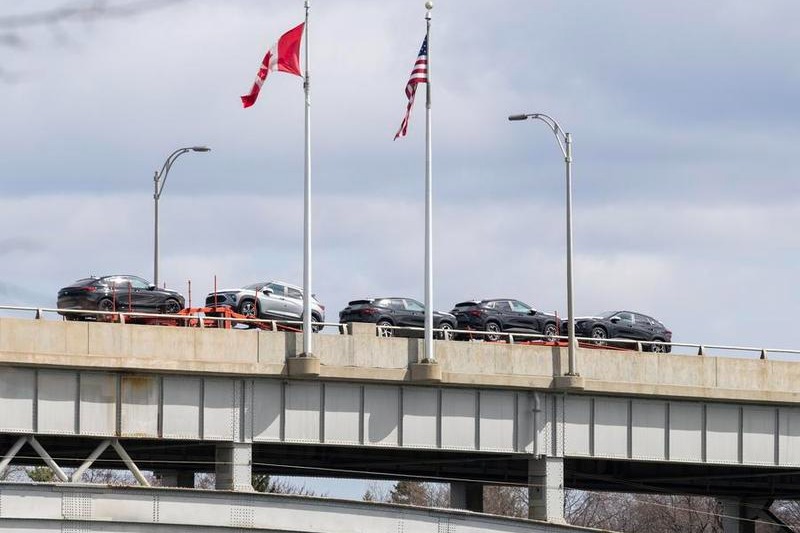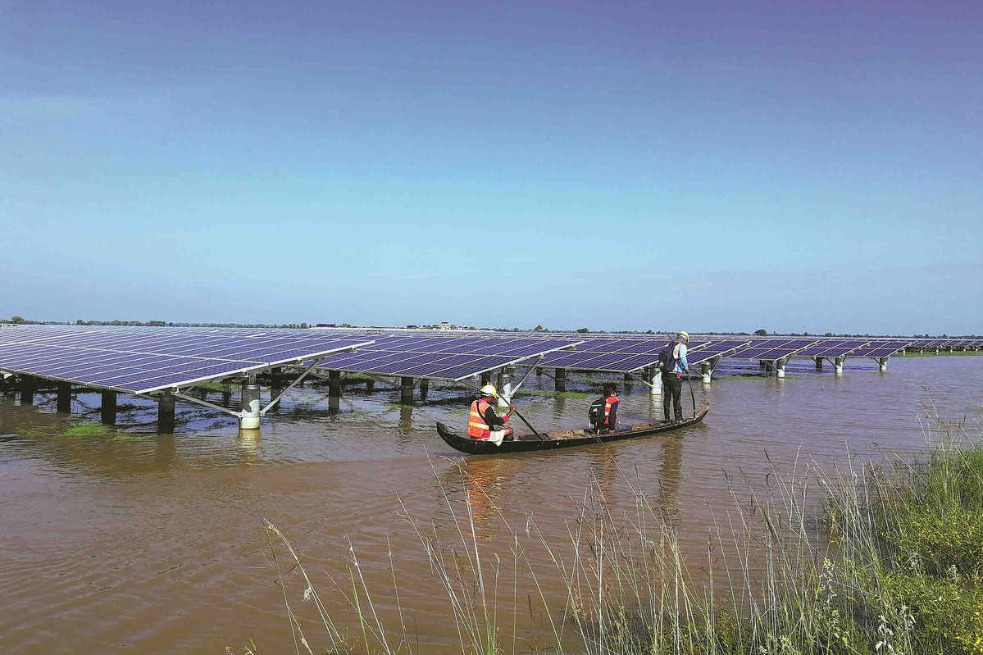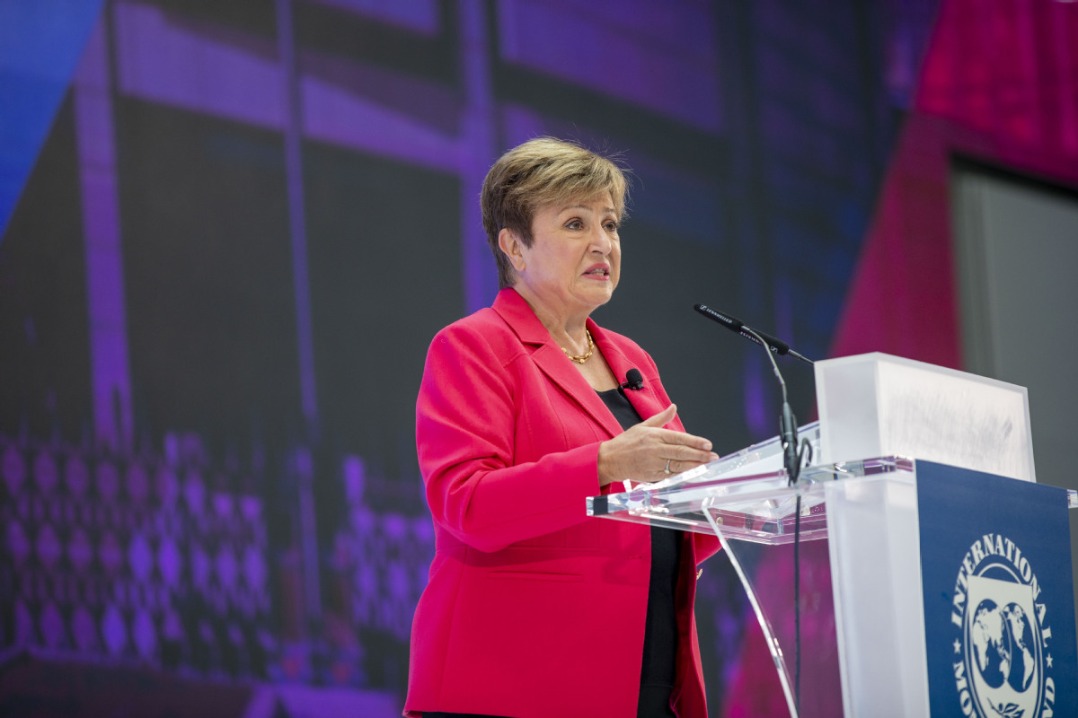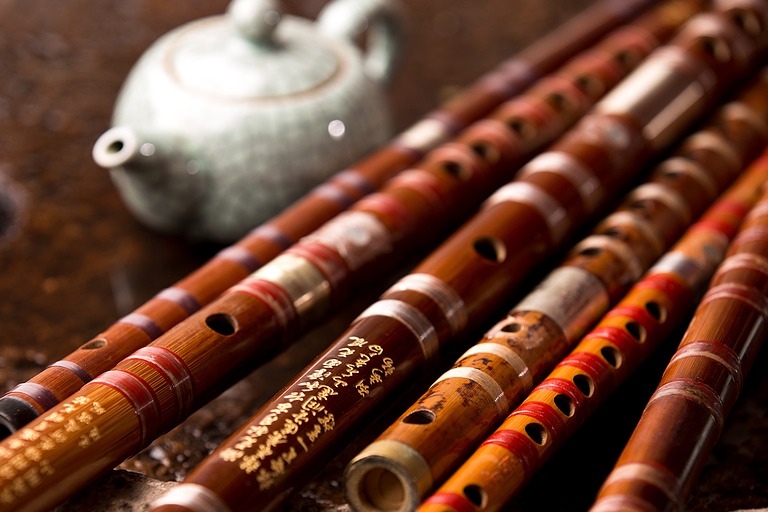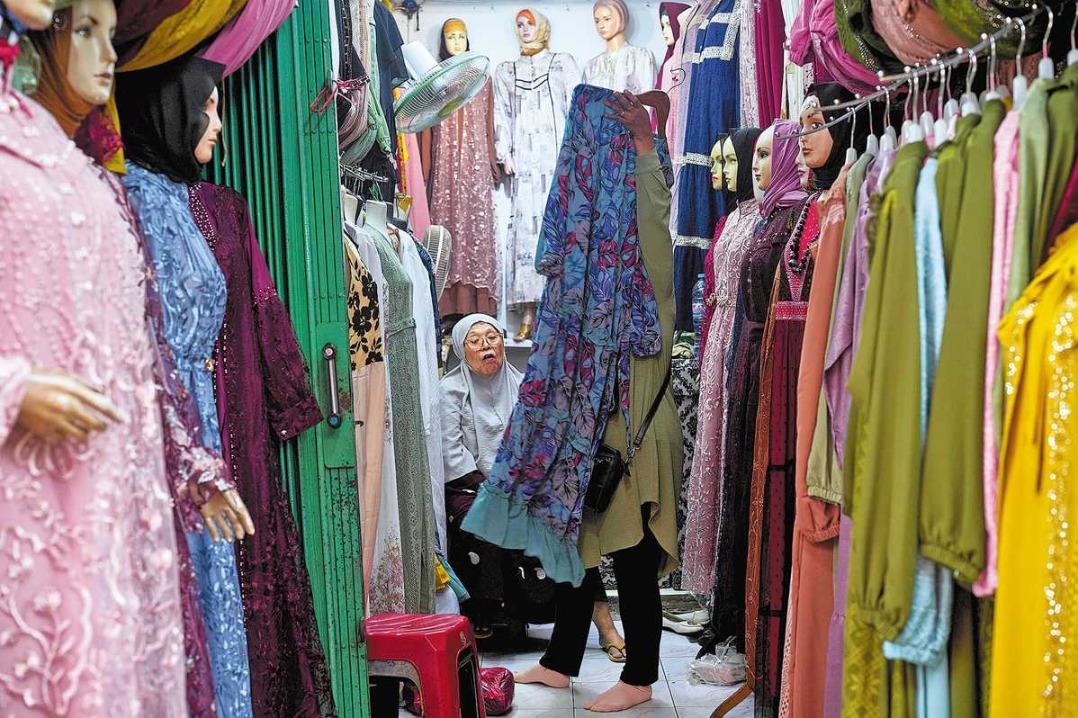Canada looking to Europe amid strained US ties


Tensions between Canada and the United States under US President Donald Trump are pushing Canada to explore closer ties with Europe and diversify its trade relations, experts said.
"Canada is never top of the mind for American federal politicians," said Ron Stagg, professor of history at Toronto Metropolitan University.
"But now the Trump government is very much ignoring Canadian leadership, except when threatened with tariffs, or when there is a threat to impose a surcharge on electricity sent to US northern states," Stagg told China Daily.
The delay in auto tariffs, he added, likely had more to do with pressure from auto executives and a declining stock market than diplomacy, Stagg said.
"Trump seems to respect Mark Carney more than his predecessor, Justin Trudeau," he said.
"All the Canadian parties are taking a stand against American bullying," Stagg said, noting that federal and provincial governments are preparing financial support for companies and workers in case tariffs take effect.
"The federal government is preparing economic assistance. Here in Ontario, the premier is doing the same, since a good deal of industry is located here."
Stagg also said "it will take years to reestablish the kind of relationship that existed, and there will be an ongoing level of mistrust even then", he said.
He said the erosion in trust is pushing Canada toward Europe. "The interest in moving closer to the European Union is definitely a result of the hostile trade moves of the Trump government," he said.
"There has been talk for years about the need to diversify trade away from the United States, but the current situation has increased government interest, both in the European Union and in the transpacific trade arrangement," Stagg said.
The European Union is a natural alternative, given Canada's cooperation with Europe on issues such as Ukraine and its ties through institutions such as NATO and the G7, he said.
He noted that Carney's experience at the Bank of England during Brexit gives him additional insight into the European economy.
"Some commentators have even suggested that Canada could join the European Union, but this is unlikely," he said. "It will be hard for the government to get Canadian business, so used to easy trade with the United States, to pivot en masse."
While agricultural exports and raw materials may find new markets, "the industrial sector of the economy will have a more difficult time", he noted, particularly given Canada's limited pipeline and energy infrastructure.
Another expert noted that the United States' reduction in aid to Ukraine has prompted Canada to further align its security and foreign policies with its European allies.
"Canadian foreign policy is based on Canadian interests," said Lubomyr Luciuk, a professor of political science and economics at the Royal Military College of Canada.
"Canadian interests are to have a stable, peaceful, rules-based international order," he told China Daily.
For Luciuk, Trump's shift on Ukraine represents not just a change in American policy but a symbolic weakening of Western unity.
Canada, he said, increasingly finds itself in closer alignment with European countries such as the United Kingdom and France, which have continued to provide military and diplomatic backing to Kiev.
"Europe, and I include the United Kingdom here, has contributed more to the defense of Ukraine than the United States," Luciuk said. "Canada, with Europe, could probably fill the gap."
Canada's involvement goes beyond rhetoric. Luciuk recalled Canada's past contributions under Operation Unifier, which helped train Ukrainian troops.
He highlighted that this role could expand further. "Canada will probably put boots on the ground as trainers," Luciuk said.
"France has more or less agreed to the same. They've all asked for some kind of backstop from the United States," he said.
If US support continues to erode, he added, it may be up to Europe and allies like Canada to prevent a wider destabilization.
The shift in defense thinking is not limited to foreign deployments. "Canada has reacted to talk (by Trump) of making the country the 51st state, by promising to build up our northern defenses," Stagg said.
However, despite those signals, Stagg said Canada has not yet clearly articulated a new foreign policy doctrine.
"The current isolationist trend in the US, combined with its aggressive stance towards Greenland, Panama and Canada, has Canada looking for friends elsewhere," he said.
Stagg expects more friction, particularly when the Canada-Mexico-US trade agreement comes up for review in 2026.
A more amicable US government could help, but "a residual distrust will remain", he said. By then, "Canada will have made some moves to reorient trade and foreign policy."
The direction of that shift will depend in part on the outcome of the next Canadian election. "All of this is predicated on the Liberals winning," said Stagg.
"If the Conservatives win, I expect that the government emphasis will be primarily on restoring relations with the United States. How far these moves will go is unclear, as Canada recognizes that it is a relatively small player on the world stage," Stagg said.
















